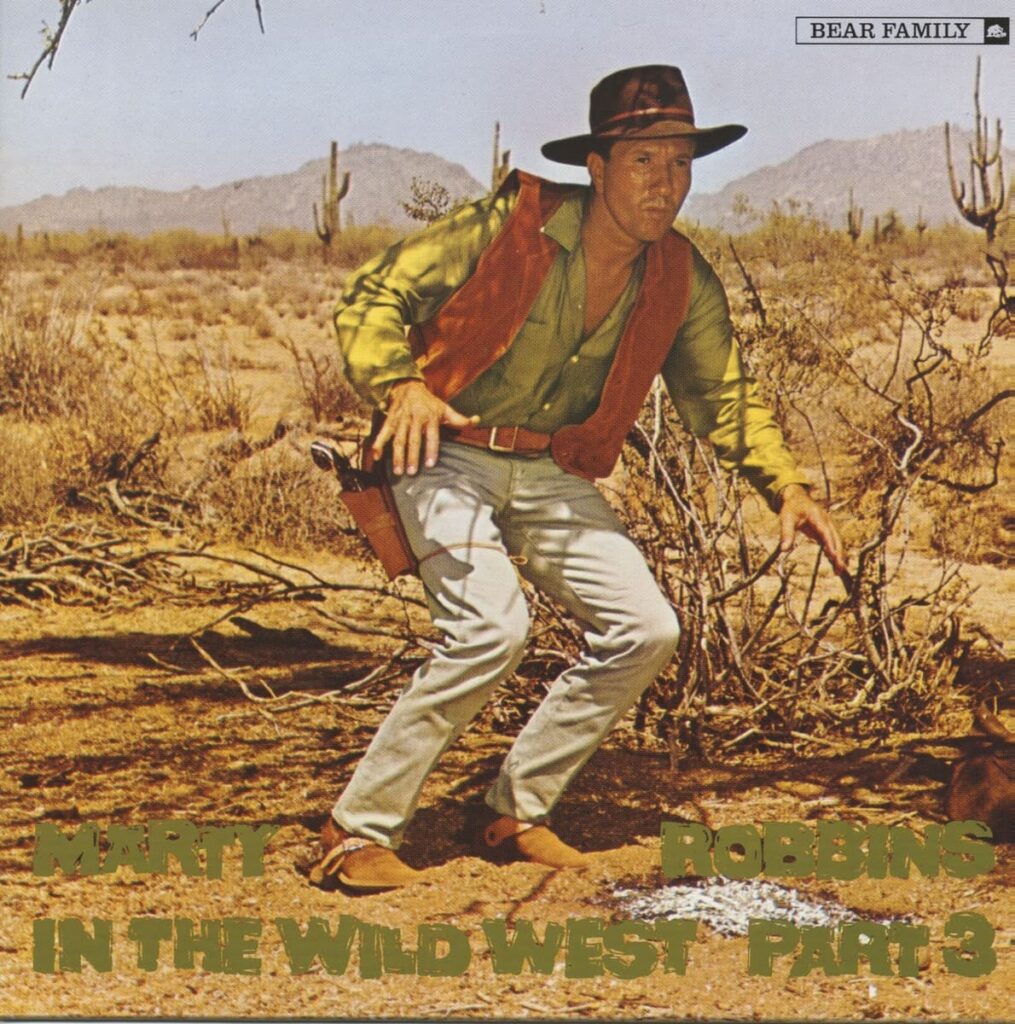
Marty Robbins – “You Gave Me A Mountain”: The Epic Struggle of Heartache and Faith
The genius of Marty Robbins lay in his ability to inhabit a narrative, whether it was the sweeping drama of the Old West or the intense, personal struggle of a man battling the slings and arrows of misfortune. With “You Gave Me A Mountain,” Robbins penned a song that transcends mere country music—it is a spiritual epic, a deeply moving confession of faith tested by devastating heartbreak.
Crucially, Robbins was not only the voice but also the sole songwriter of this monumental ballad. He recorded his definitive version, which appears on his 1969 album It’s a Sin, a recording that perfectly showcases his vocal prowess and his unique ability to convey profound emotion with dignity. While Robbins’ own version was not released as a single, it became an essential and often-requested track, gaining its iconic status through his album and live performances. However, the song’s massive and immediate popularity came through the hands of others. The highest-charting version was recorded by the legendary pop crooner Frankie Laine in 1969, who took it to a peak of No. 24 on the Billboard Hot 100 pop chart and, significantly, No. 1 on the Easy Listening chart. Furthermore, country singer Johnny Bush also had a significant hit with it, reaching No. 7 on the Billboard Hot Country Singles chart that same year.
The story Robbins tells in “You Gave Me A Mountain” is one of cumulative tragedy, a litany of personal losses that test the narrator’s resilience. The lyrics are startlingly raw and vivid, beginning with a childhood curse: “Born in the heat of the desert / My mother died giving me life / Despised and disliked by my father / Blamed for the loss of his wife.” From there, the burdens accumulate: unjust imprisonment, and the final, crushing blow—his wife leaves him, taking their small son, his “one ray of sunshine.”
This sequence of events is more than just bad luck; it’s the narrator’s personal odyssey of suffering. He sings of climbing “one hill after another,” managing to overcome each hardship with faith. But the abandonment by his family is the breaking point. This is where the religious metaphor is powerfully introduced: “But this time you gave me a mountain / A mountain I may never climb.” The song is a direct, yet respectful, challenge to a higher power—a desperate acknowledgement that this latest affliction feels insurmountable.
For listeners of our age, this song resonates so deeply because it speaks to the reality that life’s hardest trials often arrive not as a single blow, but as the final straw after a lifetime of smaller struggles. Robbins’ performance is a masterclass in controlled despair. His voice is firm, yet there is a deep current of sorrow running beneath the surface, suggesting a man fighting back tears while maintaining his composure. It is this dignified struggle, this fusion of human weakness with enduring faith, that gives the song its lasting power. It’s a powerful, gut-wrenching piece that solidified Marty Robbins’ standing as a supreme chronicler of the emotional landscape of the common man.